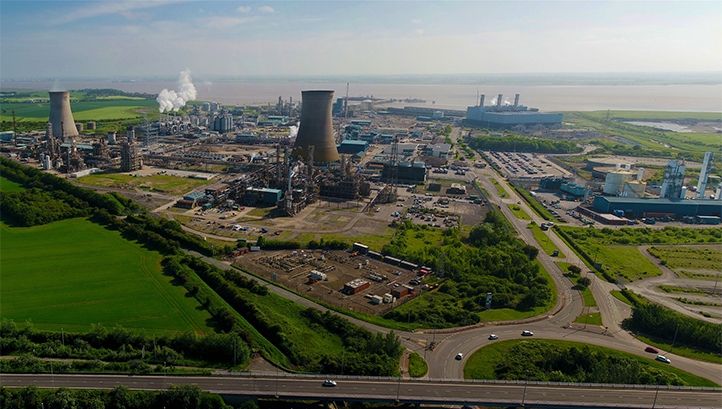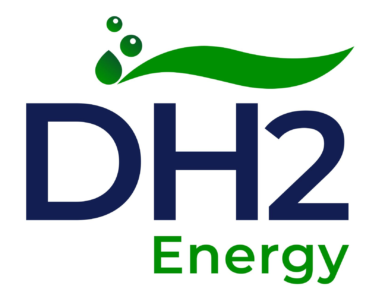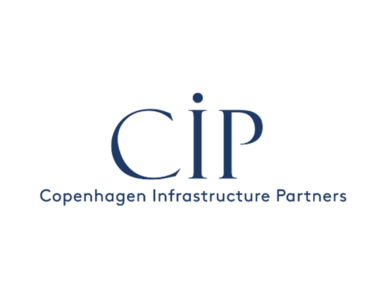Equinor submits plans for landmark hydrogen facility in Hull.
[edie] Equinor has submitted plans for its 600MW hydrogen production facility in Hull to the Government, which will sit at the heart of Humber’s Zero Carbon Cluster project.Equinor has formally submitted plans for its Hydrogen to Humber (H2H) Saltend project through phase two of the Government’s Cluster Sequencing Process.
H2H Saltend is Equinor’s largest UK hydrogen project. It will be located within the Zero Carbon Humber Project, which is among the projects striving to develop the UK’s first net-zero industrial cluster. There, it is leading the production of a 600MW gas reformer that will produce ‘blue’ hydrogen – hydrogen made using natural gas, with most emissions from the process captured using man-made technologies.
🔥 What about we co-host a webinar? Let's educate, captivate, and convert the hydrogen economy!
Hydrogen Central is the global go-to online magazine for the hydrogen economy, we can help you host impactful webinars that become a global reference on your topic and are an evergreen source of leads. Click here to request more details
Hydrogen produced by that facility will enable businesses at the Saltend Chemicals Park and the onsite Saltend Cogeneration Power Station to switch to a hydrogen blend, representing a 30% reduction in the Saltend Chemicals Park’s total current emissions. A demonstration is due to come online by 2026. An Equinor spokesperson told edie that around 95% of the emissions generated through hydrogen production at this facility will be captured.
Irene Rummelhoff, Equinor’s executive vice president for marketing, midstream and processing said:
We are delighted to submit our formal plans to Government for our flagship H2H Saltend project, as well as three other low carbon projects across the UK.
“This shows the strength of ambition from Equinor in the UK, building on its considerable experience of similar projects internationally.”
“H2H Saltend is an exciting ground-breaking project which will provide low carbon hydrogen to multiple industries in the Humber by 2026, and the demand for this is clear from the industrial operators’ agreements we already have in place.”
“Importantly, it is also a major step to a wider hydrogen economy which can reduce emissions across several sectors, act as a catalyst for greater inward investment and economic growth, and working with our partners, also ultimately result in a Zero Carbon Humber.”
The plan is backed by six prospective industrial operators who have signed varying agreements for the development and commercialisation of the project. These are Centrica Storage, INEOS Acetyls, Pensana, Triton Power, Vital Energi and Vivergo Fuels.
Equinor has also submitted three other projects into the process. These include two new carbon capture power stations at Keadby and Peterhead, that will be developed in partnership with SSE Thermal. Additionally, Equinor submitted the Net-Zero Teesside Power project which is developed in partnership with bp.
The submissions have been supported by 23 letters from organisations across the region, as well as MPs, local authorities and trade groups.
Wider plans
Equinor has outlined plans to deliver 1.8GW of low-carbon hydrogen production capacity in the UK by 2030, primarily through its work on the Zero Carbon Humber industrial cluster.
Elsewhere, Equinor is developing a further 1,200MW of low-carbon production capacity to fuel the Keadby Hydrogen power station, in partnership with SSE Thermal. It is hoped that the power station will come online this decade.
Late last year it was revealed that gas grid operator Cadent and energy giant Equinor are exploring the feasibility of creating hydrogen towns within the Humber region, to assist with the UK’s Ten Point Plan for a green industrial revolution.
Cadent and Equinor have signed a Memorandum of Understanding (MOU) to develop the technical assessments and concepts for hydrogen production, storage, demand and distribution for heat. Thanks for staying up to date with Hydrogen Central.
The two firms have outlined Lincolnshire as the area to develop hydrogen towns due to the number of hydrogen pilots being trialled in the Humber region. These include Equinor’s H2H Saltend for the wider Zero Carbon Humber scheme.
Equinor and Cadent believe the switch could reduce emissions from an average UK town by around a quarter. However, fossil-based hydrogen currently represents more than 95% of global annual production.
Equinor submits plans for landmark hydrogen facility in Hull, January 21, 2022








